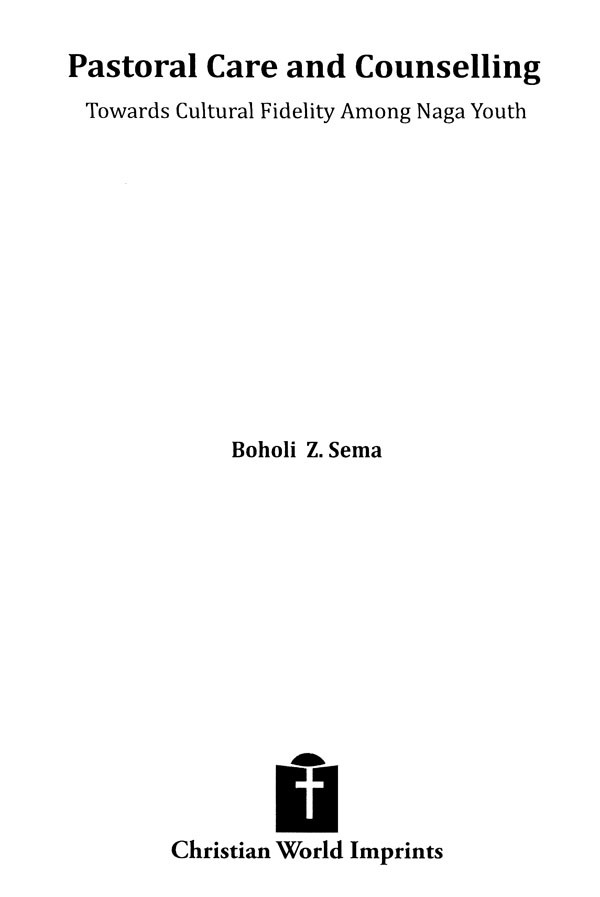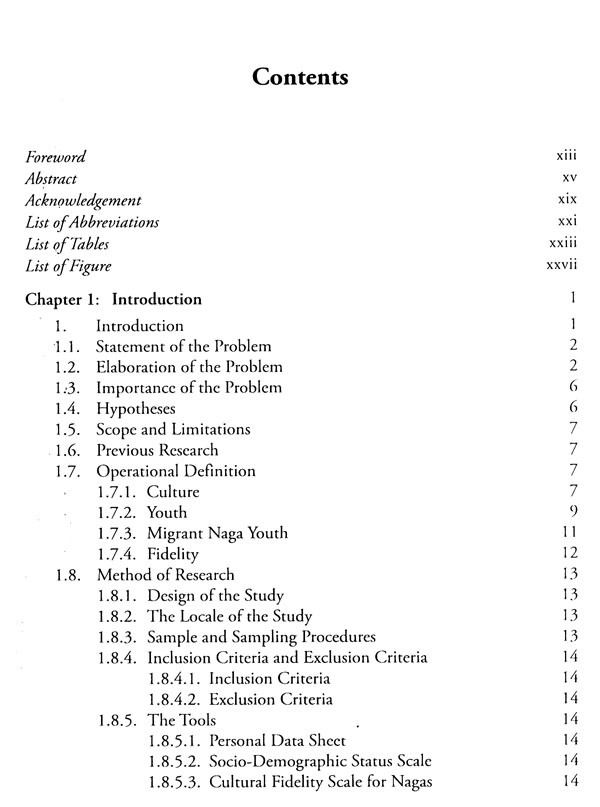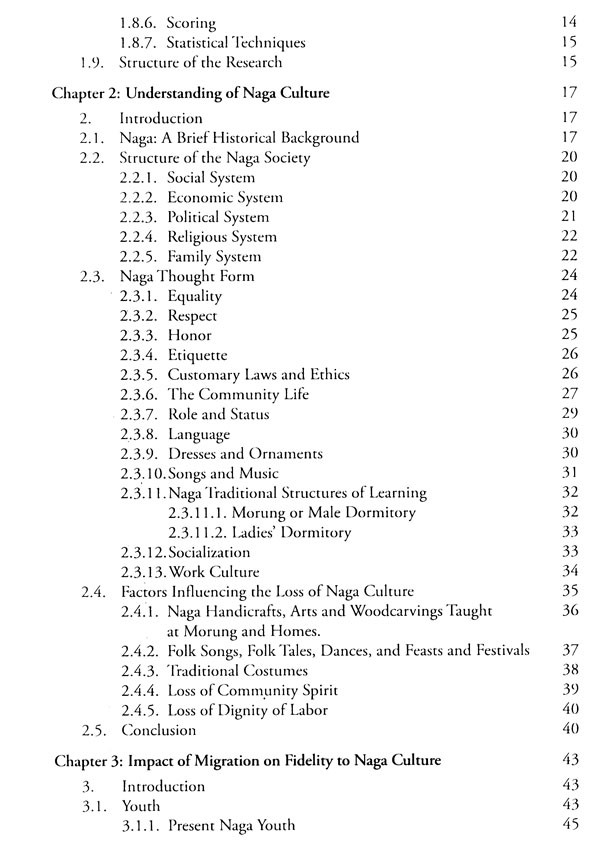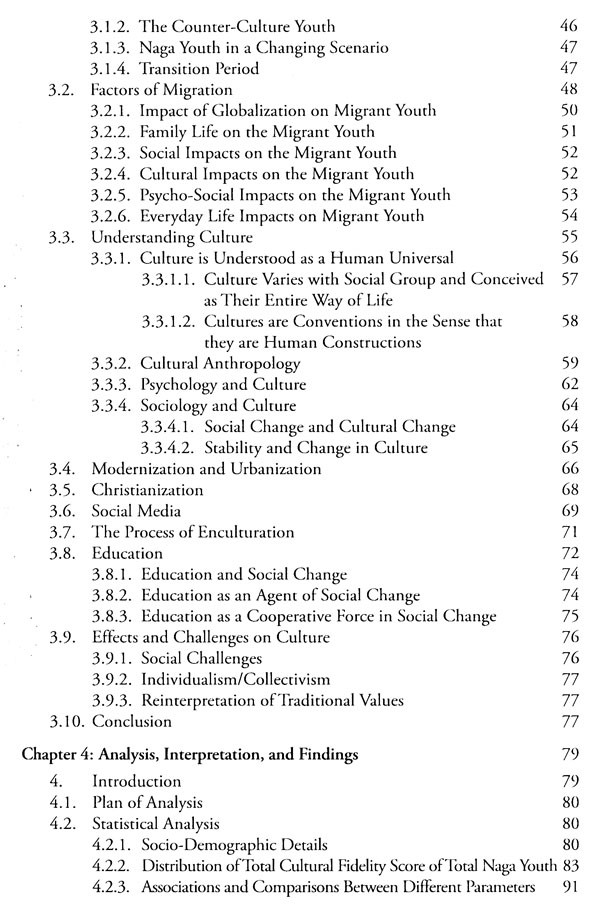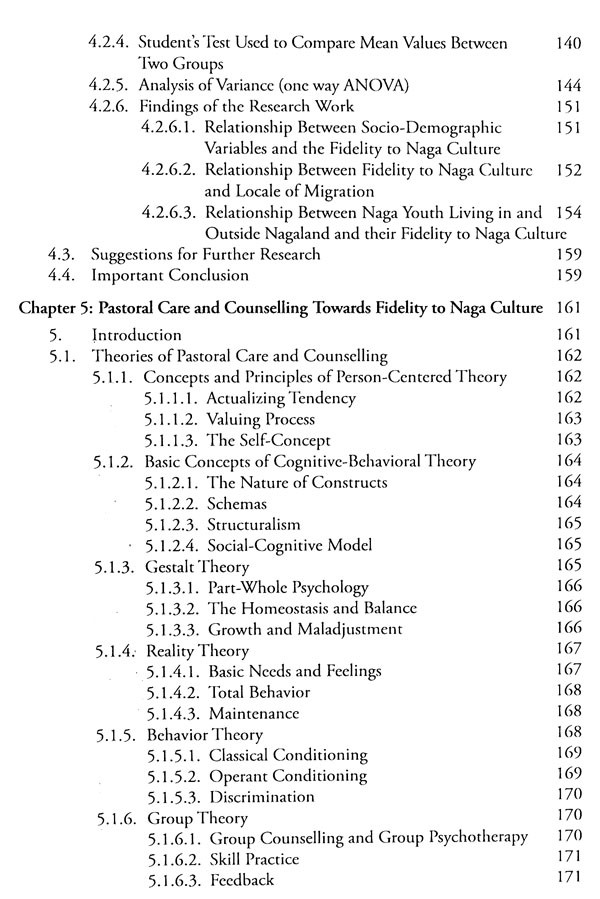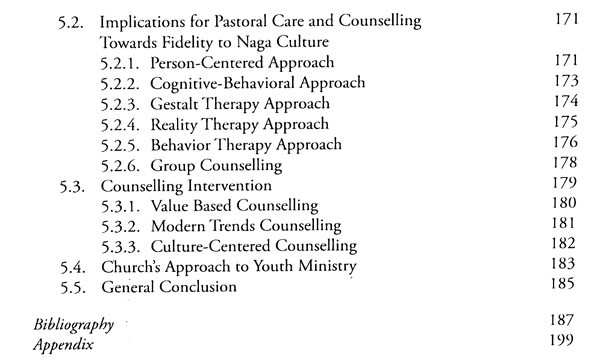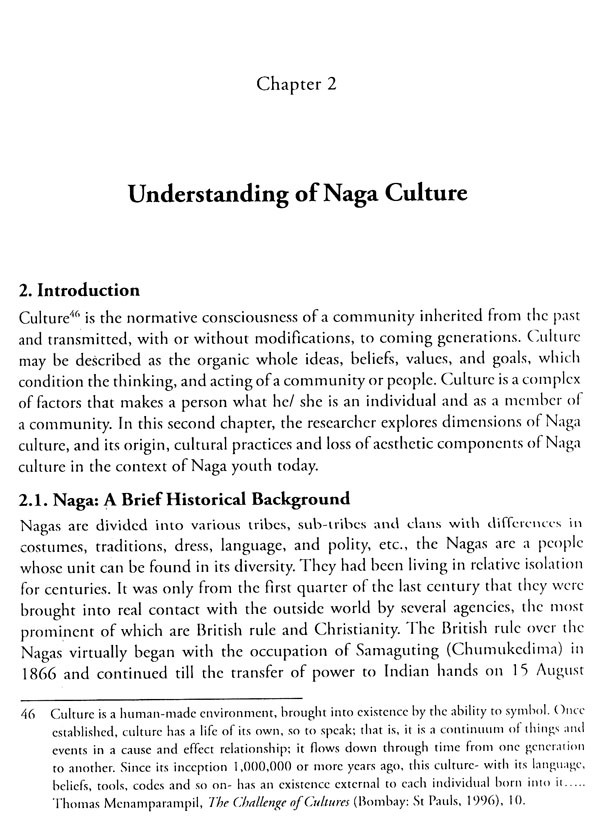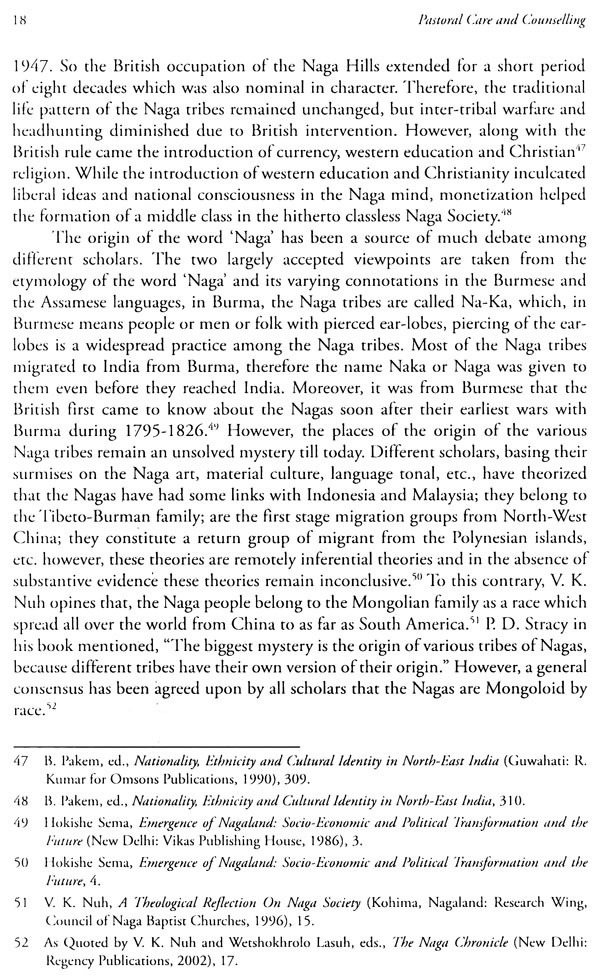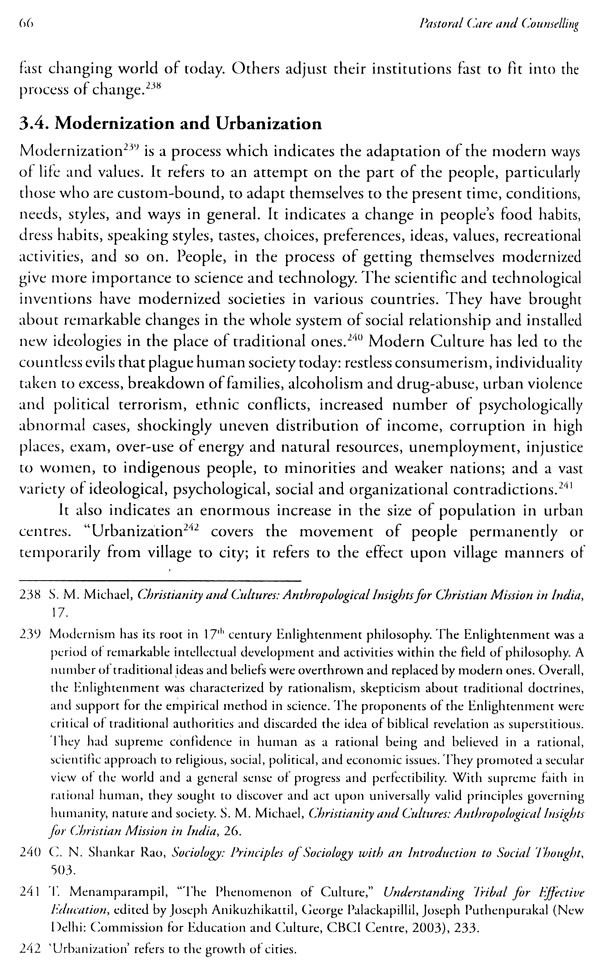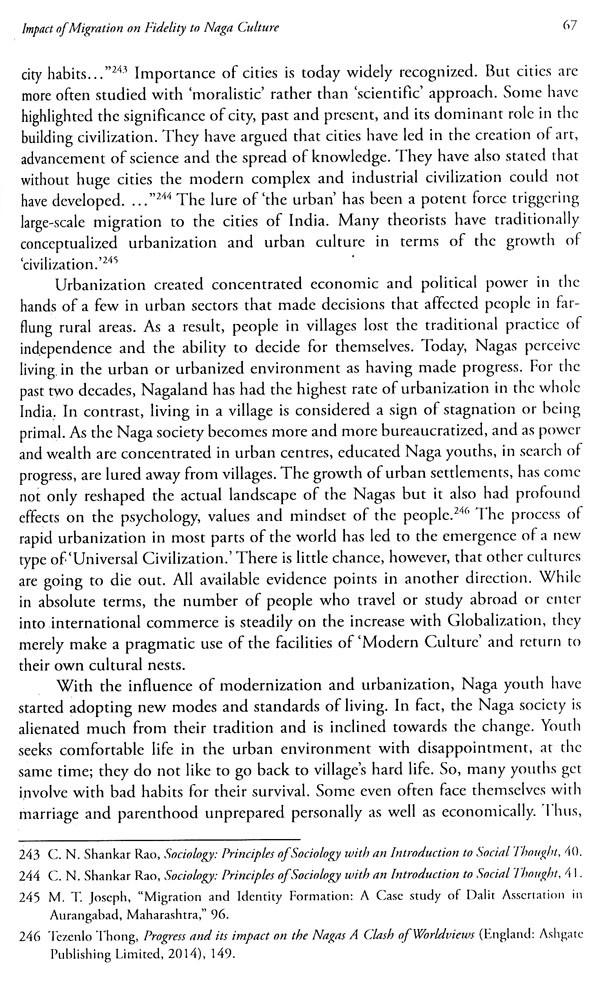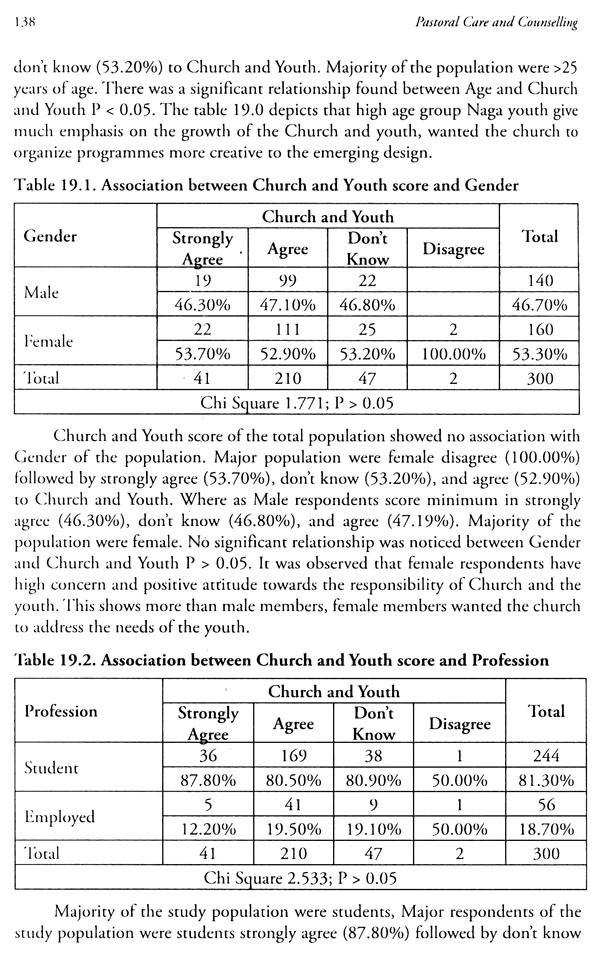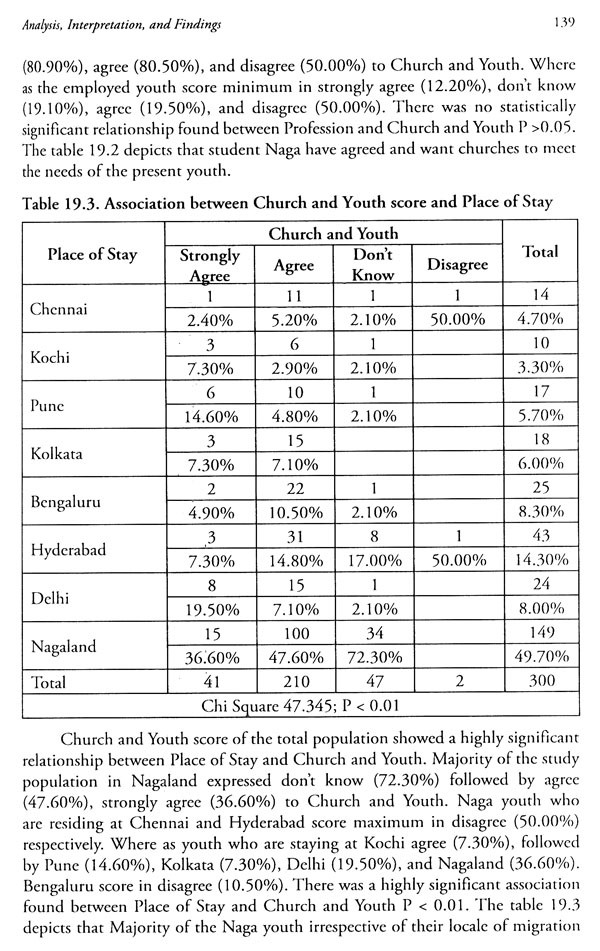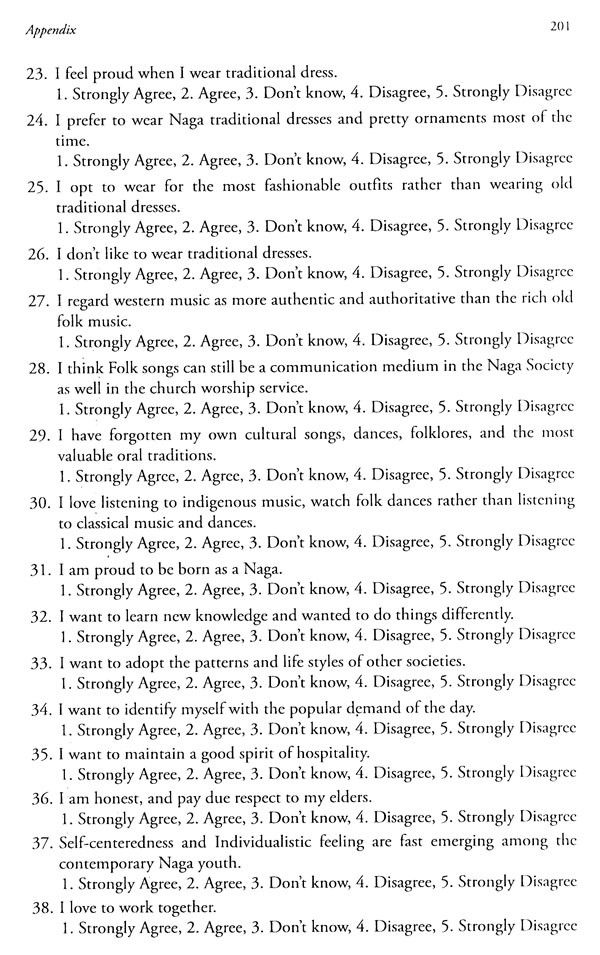
Pastoral Care and Counselling- Towards Cultural Fidelity Among Naga Youth
Book Specification
| Item Code: | UBA296 |
| Author: | Boholi Z. Sema |
| Publisher: | Christian World Imprints, Delhi |
| Language: | English |
| Edition: | 2020 |
| ISBN: | 9789351484455 |
| Pages: | 224 |
| Cover: | HARDCOVER |
| Other Details | 9.50 X 6.50 inch |
| Weight | 570 gm |
Book Description
In the present work, the author has intended to study fidelity to Naga culture among the youth staying outside Nagaland in different cities in India, (Kolkata, Bangalore, Delhi, Hyderabad, Pune, Chennai, and Kochi) compared to the youth residing in Nagaland. The transitional influences have brought a totally new outlook in the way youth look at life. This highlights the need of Pastoral care and counseling in the context, where the Naga youths may be helped to improve their coping ability to Naga culture and look for ways to make life interesting and befitting to the change of time.
For centuries, the tribal people of northeast India particularly the Nagas lived in isolation from the outside world and with little inter-tribal contact. According to sources, it was from the early part of the 19th century that the Nagas started to interact with the so called "culture-producing organizations or "agents", marking the beginning of a new era in their history. Generally, it is believed that the advent of British colonial administration in the Naga Hills in 1832 and the introduction of Christianity by American Baptist missionaries in 1872 resulted in the interaction of the Nagas with western culture. This interaction impacted the Naga culture, which resulted in many changes and eventually led to the disappearance of many Naga cultural elements. Today, after more than a century of Christianity in their homeland, Nagas have started to re-evaluate the changes which occurred in their culture. This awareness is making the Nagas reflect critically on and assess the consequences of change in their culture. Nagas in general assume that these changes distorted their original culture and led to its disintegration and the disappearance of cultural values and elements.
The present Naga society is becoming increasingly modern and urbanized. The present complex socio-cultural shift is leading to unprecedented psychological problems and conflicts, especially among the youth. It is a reality that many Naga youth, both educated and uneducated prefer to go outside of their homeland.
Naga' youth expose to several conflicting, distracting, difficult and stressful situations. In the past, youth generally tended to rely on the advice, wisdom and judgment of their elders.
**Contents and Sample Pages**
